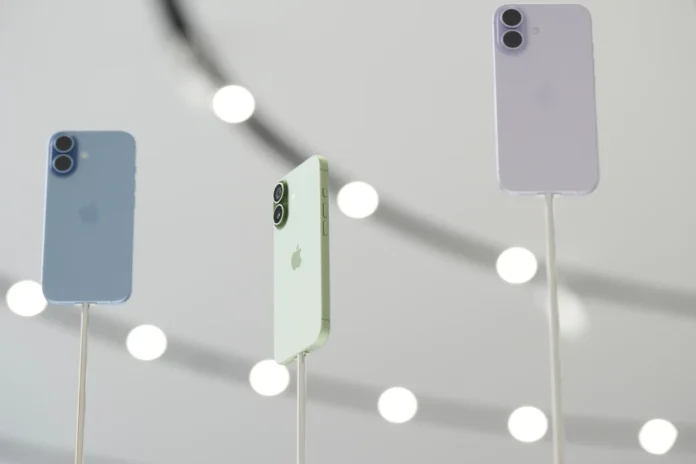
LONDON – Tired of spam calls interrupting your day? Apple’s latest software update, iOS 26, introduces a much-anticipated feature designed to help users regain control of their phones — a virtual call screener that filters unknown numbers before you ever have to pick up.
The tool, part of Apple’s broader iOS 26 rollout last month, has already generated widespread attention, reflecting the public’s frustration with the deluge of robocalls and spam diallers that have become a modern nuisance.
How the Feature Works
To enable Call Screening, iPhone users must first update to iOS 26 — available for iPhone 11 and newer models.
After updating, head to Settings → Apps → Phone, and scroll down to find a new option called Screen Unknown Callers. You’ll then be given three choices:
-
Never – all calls ring through;
-
Silence – unknown numbers go straight to voicemail;
-
Ask Reason for Calling – the new AI-driven screening option.
When activated, incoming calls from numbers not in your contacts will first encounter a Siri-like voice prompt asking for the caller’s name and the purpose of their call. Simultaneously, the recipient sees a notification showing the screening process in real time — complete with live transcription bubbles displaying the caller’s responses.
You can then decide whether to answer, ignore, or respond with a preset or custom message that Siri’s voice will relay on your behalf.
Early Impressions and Glitches
The Associated Press reports that early reactions to the feature have been mixed but largely positive.
“It’s brilliant for avoiding cold calls,” said one AP staffer, noting how smoothly it worked against persistent marketing numbers.
However, some users have flagged minor teething issues. Another AP journalist noted,
“It’s not great when legitimate calls from delivery drivers or service providers get screened out. Some callers hang up, thinking it’s an answering machine.”
Social media users have echoed similar frustrations, suggesting that the system can occasionally misjudge legitimate calls — especially when the caller doesn’t respond to the AI prompt.
Others report that regional or language settings might prevent the feature from showing up initially. One workaround appears to be ensuring that the device’s region matches the country of use — as some discovered after finding their phones set to different locales.
A Step Forward — But Not Without Competition
While Apple’s call screening marks a major update for iPhone users, the feature itself isn’t entirely new in the tech world.
Google pioneered a similar function for its Pixel devices, allowing its AI assistant to automatically screen unknown calls. The company recently expanded this to Australia, Canada, and Ireland, after initial success in the United States. Google’s version is even more autonomous — hanging up on detected spam while letting legitimate calls through.
Samsung users aren’t left out either. The company’s Bixby Text Call function works in a similar way, transcribing and managing calls in real time.
User Control and Privacy
Importantly, Apple’s screening feature can be switched off at any time, preserving user choice — a principle Apple emphasised during its launch event in Cupertino, California, where the iPhone 17 was unveiled.
While the rollout has revealed some early bugs and regional quirks, the consensus among users and reviewers alike is that Apple’s AI-based approach represents a meaningful advance in digital privacy and user control.
As Associated Press tech correspondent Kelvin Chan writes, the iOS 26 call screening system is not perfect — but in an age of relentless spam and scams, it offers something long overdue: a digital buffer between users and unwanted interruptions.
“It’s the kind of feature that, once you’ve used it, you wonder how you ever lived without,” one reviewer wrote.
With tech giants racing to refine AI-driven defences against robocalls, the battle for peace and quiet on your phone screen is far from over — but Apple’s latest update may have given iPhone users a welcome advantage.










